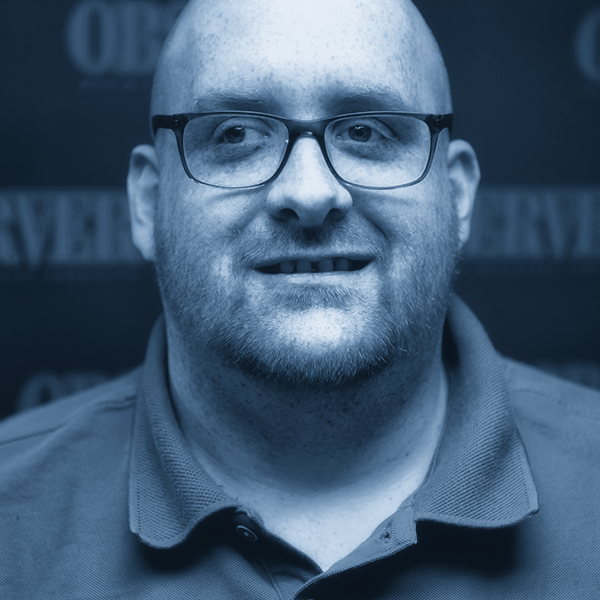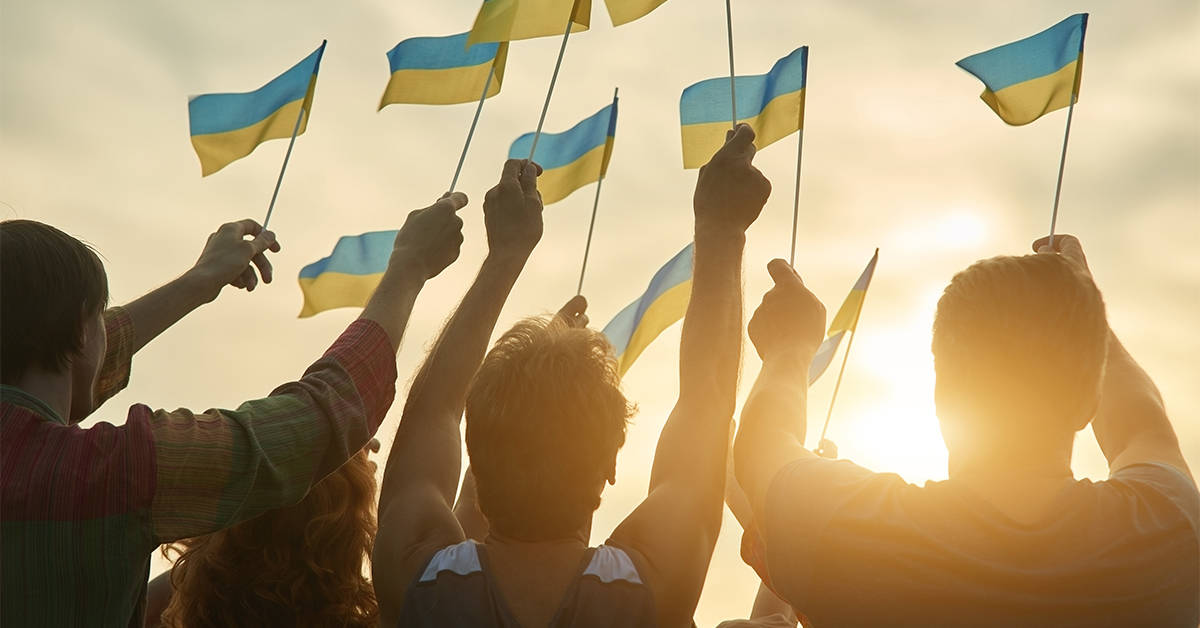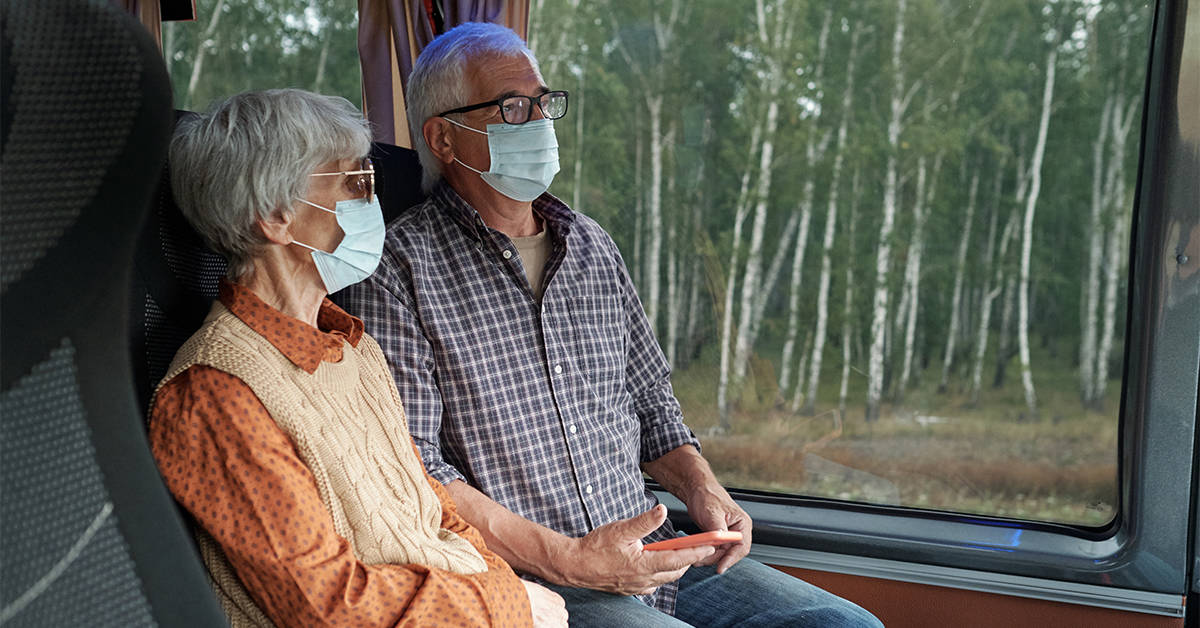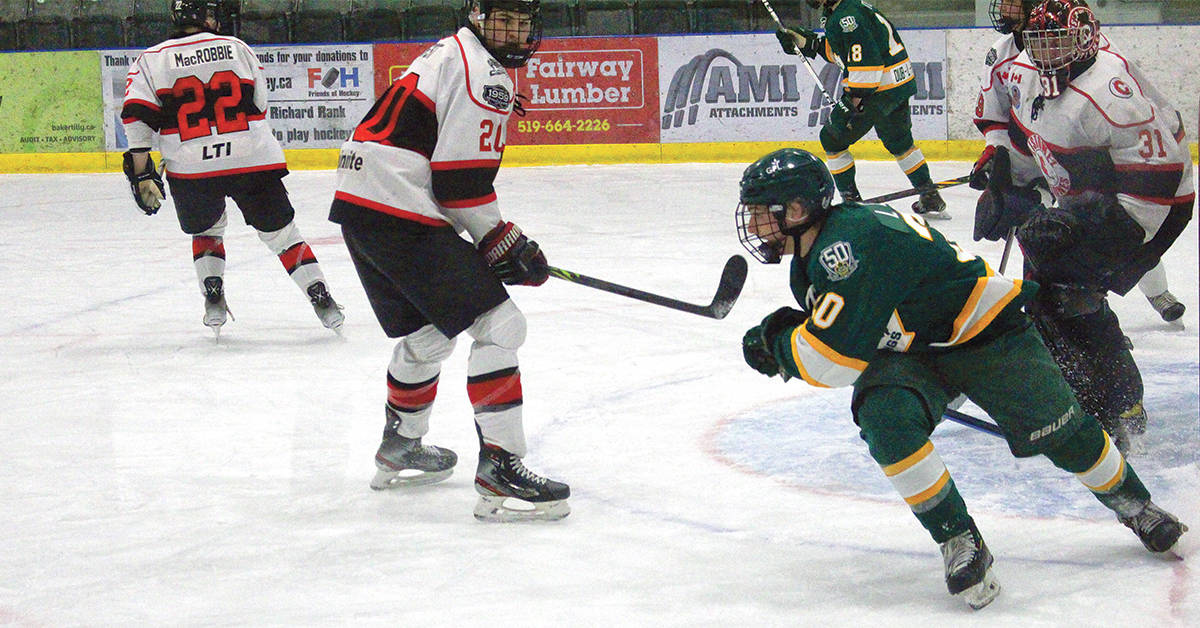As Russia’s invasion of Ukraine continues, Waterloo Region is preparing to welcome refugees to the area, though just how many will arrive here remains up in the air.
“It makes it more difficult in some ways, but the same types of things need to happen, regardless of the number of people that are coming,” said Tara Bedard, executive director of Waterloo Immigration Partnership.
Bedard noted the system in place for Ukrainians coming to Canada is different from the normal refugee process.
“Typically, when refugees come into the country… we have a formal refugee resettlement program for government-assisted refugees and for privately sponsored refugees. And through either one of those programs streams, there’s a set number of refugees who will come into our community either because the government is assisting them in coming to Canada… or because groups of private individuals in the region have decided to sponsor refugees to come into the region,” she explained, noting that won’t be the case this time around.
“The measures are outside of our formal refugee resettlement program. They’re issuing emergency travel authorization so that they can move people very quickly and then processing them to be able to stay in the country using temporary residence permits.”
The different process means that refugees may not be matched up with a specific program, Bedard said.
“We know that this is a very quickly evolving plan, so we’re in a holding pattern and waiting for more information from the federal government on what the measures mean in practice.”
Residents in the region are stepping forward to help, Bedard noted.
“I was here through the Syrian initiative. I’ve been here working with organizations through, when the government made the announcement about Afghanistan in the summer, and now again with the response to support people who are fleeing Ukraine. Every time announcements like this are made by the federal government, there’s a groundswell of support in this region. People want to help and a lot of self-organizing by groups of residents and individual residents to do anything and everything that they can think of to try to help people who will be coming into the region.”
Wilmot resident Stephanie Goertz has started a Facebook group (Waterloo Region Grassroots Response to Ukrainian Crisis) and is hosting weekly meetings in an attempt to organize support.
“People desperately want to help and we want to provide a framework for people to help them in ways that they see possible. So there is some structure to it, as well as creating partnerships from across the region and with the local Ukrainian churches,” said Goertz.
Because Canada is far away from the crisis, that presents an advantage of being able to prepare, unlike immediate neighbours such as Poland and Slovakia, she said.
“We have a huge opportunity in Canada because we’re not at the forefront to rally and provide overwhelming support for the Ukrainians coming to Canada.”
Goertz also pointed to the different refugee process as one of her reasons for wanting to help.
“The influx of people that will be coming en masse would overwhelm any organization regardless of how well they were established before this occurred. We shouldn’t just sit back and say, ‘Oh they’ll deal with it,’ it’s something that our community needs to rally together to help just as every single person,” she said.
While Bedard acknowledged that not every Canadian supports immigration, she hopes this will have a positive impact on the perception of it.
“We’re always looking at what is the impact of an announcement like this and how does the government [response] in these situations… how does that help to grow support for immigration in the region? Support for more diversity in the community and just making every effort to help new people coming into the region have a better and more welcoming experience.”
Canada stands out in the world for its immigration process and its managed approach, Bedard explained.
“Everybody who comes to Canada as an immigrant or refugee has gone through a whole process that involves background checks and security clearances, and those are not ever missed, including when the Syria initiative happened and the Afghan resettlement is taking place, and now with Ukraine – they don’t skip measures. Things just happen on a different scale and at a different pace. The Canadian government is clear they don’t skip measures in the way that they respond when they’re doing these special initiatives,” she said.
“So to people who have concerns that kind of process is thrown out the window when these initiatives happen, that is not the case.”









